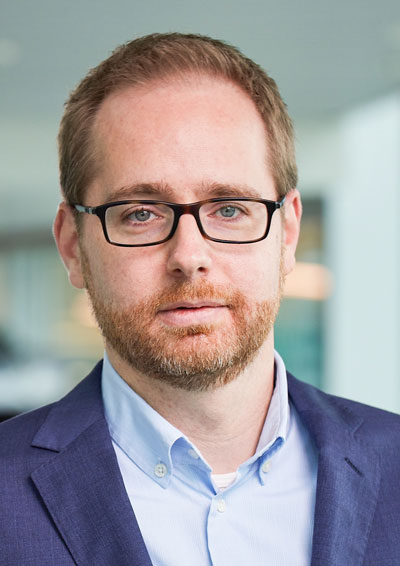Mineral Surfaces and Reactions
Lecturers: Helen Elizabeth King, Oliver Plümper
This course explores mineral surfaces, focusing on their chemical and physical properties and interactions with fluids. Students will learn key principles governing mineral, glass, and metal surfaces and their roles in adsorption, dissolution, and catalysis. Molecular-scale fluid-solid interactions and their impacts on geochemical cycles and environmental applications are central themes.
Advanced experimental techniques, such as electron and surface microscopy, as well as computational methods, including, e.g., molecular dynamics simulations, are taught to characterise surfaces and quantify reactions. Applications include carbon dioxide sequestration, linking geological processes to societal challenges. Emerging trends, such as in situ techniques and multiscale modelling, are also covered.
Students will develop skills to design experiments, critically evaluate scientific literature, and propose multidisciplinary solutions for real-world problems. This course prepares students for advancing sustainability and innovation in surface science.
This course provides students with a comprehensive understanding of mineral surface processes and their significance in geochemical and environmental systems. Key competencies include:
- Introduction to advanced experimental techniques (e.g., Raman, AFM, TEM, SEM) and computational methods (e.g., Molecular Dynamics) for analyzing surface reactions.
- Understanding the influence of surface topology, roughness, and reactivity on dissolution, catalysis, and mineral-water interactions.
- Insights into the role of mineral surfaces in environmental remediation, geochemical cycles, and microbial interactions.
- Practical skills in linking chemical reactions with surface transport processes, including glass corrosion and metal passivation.
- Ability to interpret and critically evaluate scientific literature and data on mineral surface processes, identifying key knowledge gaps and future research directions.
- Proficiency in presenting scientific results clearly and effectively, using appropriate tools such as graphs, models, and data visualizations.
- Capacity to reflect critically on the broader implications of surface science research, including its applications in sustainable development and environmental protection.
- Skills to collaborate with researchers across disciplines to advance the understanding and application of surface science in complex systems.
written exam
written exam
will be announced in class
Supportive digital teaching material available
1st SWS: Introduction to Mineral Surfaces and Reactions
2nd SWS: Easter
3rd SWS: Experimental Techniques for Surface Analysis
4th SWS: Modelling Techniques for Surface Reactions
5th SWS: Surface Roughness and Reactivity
6th SWS: Mineral Surfaces and Water interactions
7th SWS: Mineral Surface Catalysis
8th SWS: Biofilm and Microbial Interaction with Surfaces
9th SWS: Reactive Transport at Mineral Surfaces
10th SWS: Surface Dynamics of Glasses
11th SWS: Surface Dynamics of Metals
12th SWS: Future Directions in Mineral Surface Research
13th SWS: Exam Preparation
14th SWS: Exam
Basic Data
05-MCM-MM-1
Study Program
Master Materials Chemistry and Mineralogy
Module Name
Minerals & Materials
Course Type
Lecture (L)
First Year of Study
3 CP
2 SWS
Summer Term
Course Language
English
Contact Person

Mineralogy
Prof. Dr. Oliver Plümper
GEO 3110R
Phone: +49 421 218 - 99364
pluemper uni-bremen.de
uni-bremen.de
Mineralogy
Prof. Dr. Oliver Plümper
GEO 3110R
Phone: +49 421 218 - 99364
pluemper uni-bremen.de
uni-bremen.deLecturer

Prof. Dr. Oliver Plümper
GEO 3110
Phone: +49 421 218 - 99364
pluemper uni-bremen.de
uni-bremen.de
Prof. Dr. Oliver Plümper
GEO 3110
Phone: +49 421 218 - 99364
pluemper uni-bremen.de
uni-bremen.deDr. Helen Elizabeth King
MARUM1
Phone: +49 421 218 -
hking uni-bremen.de
uni-bremen.de
